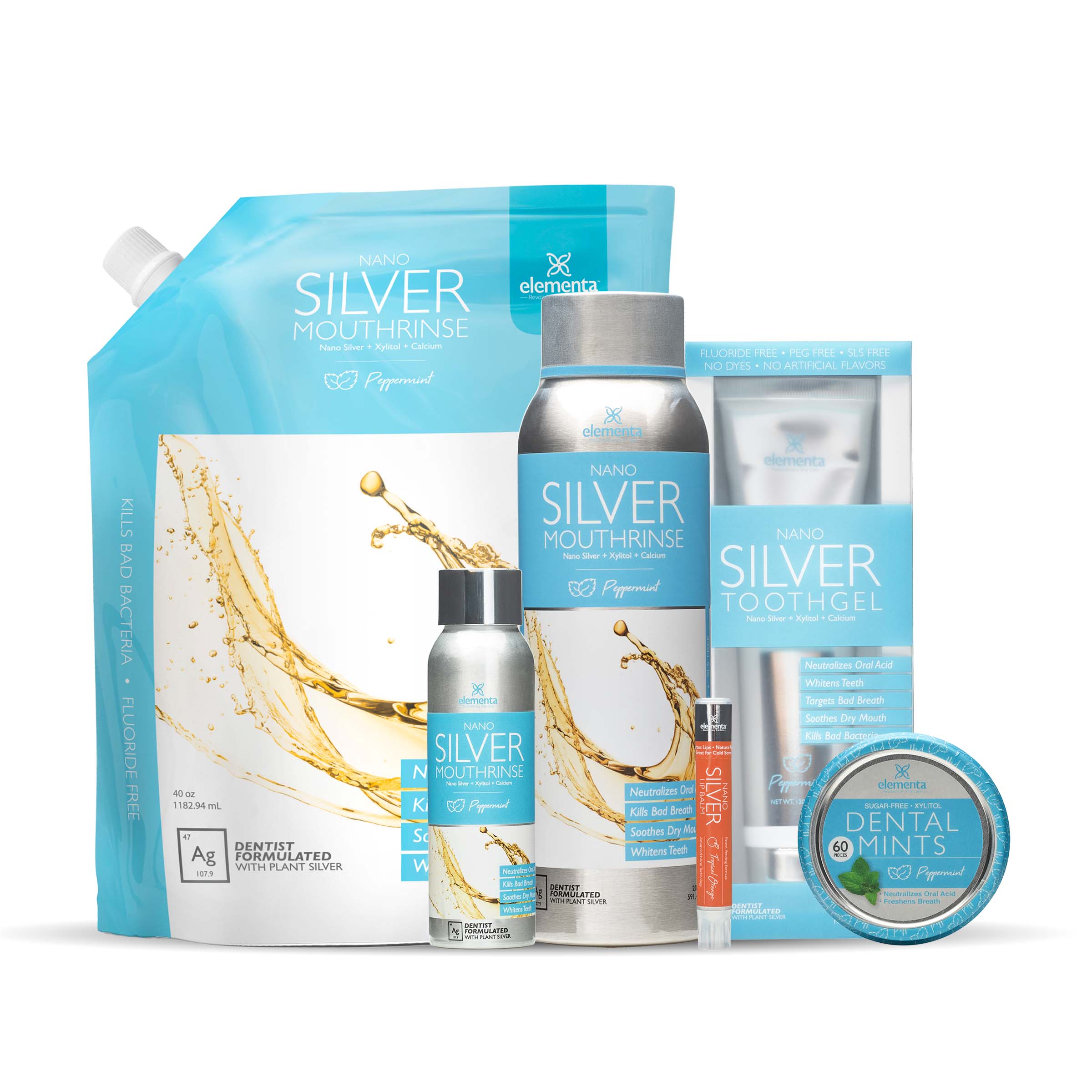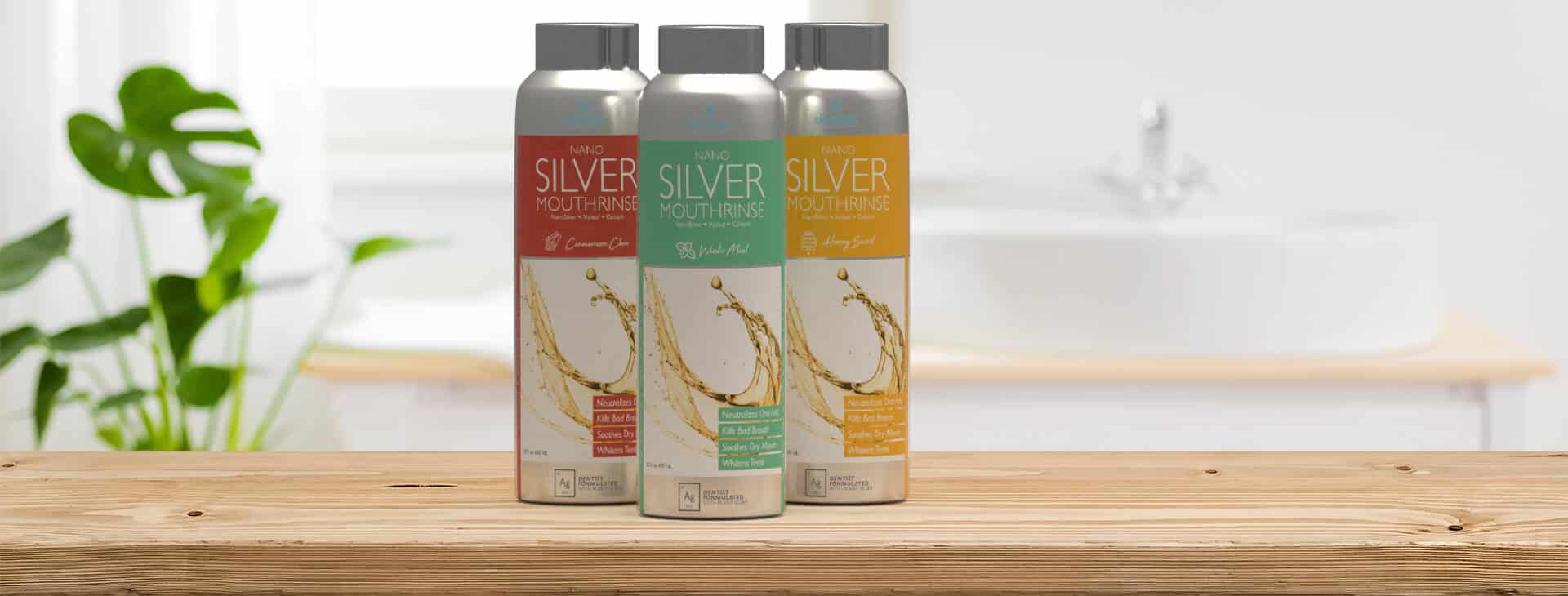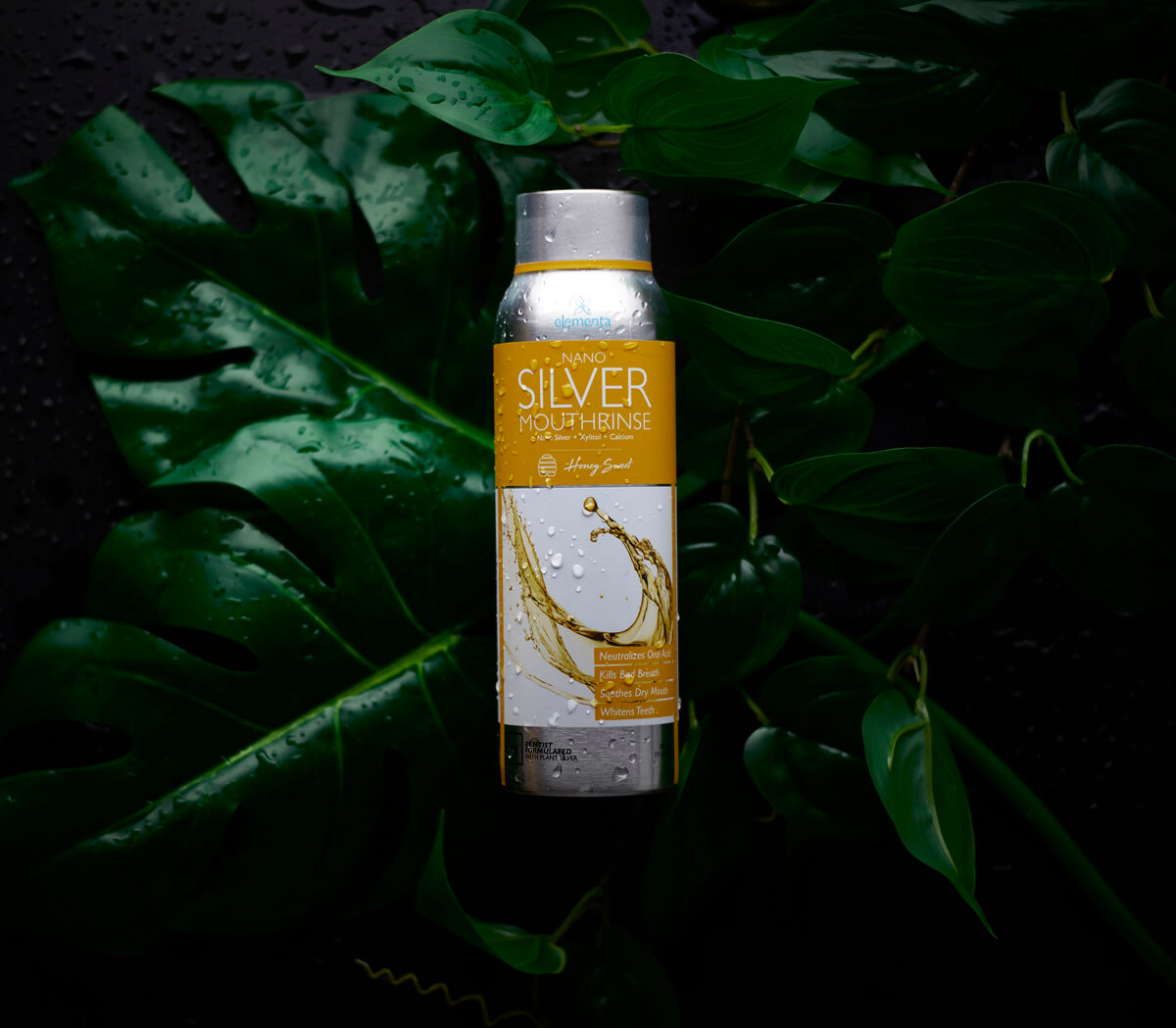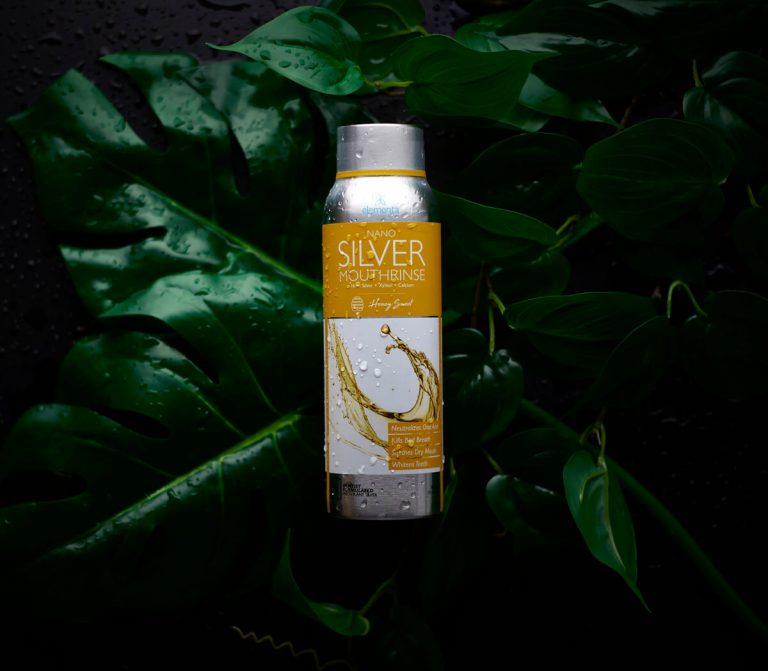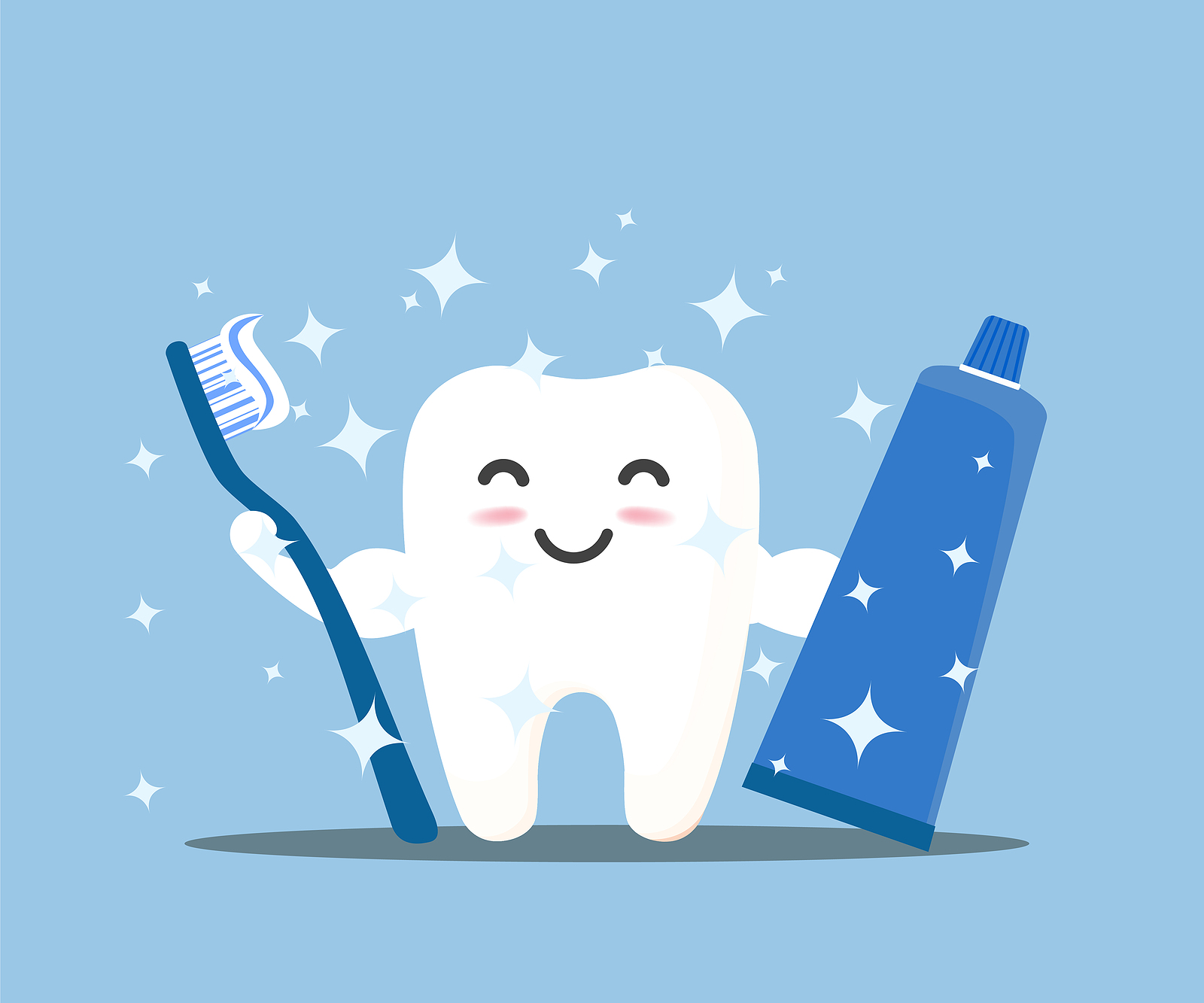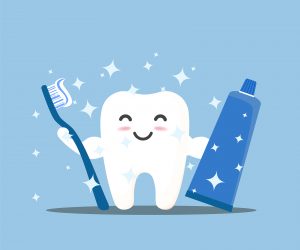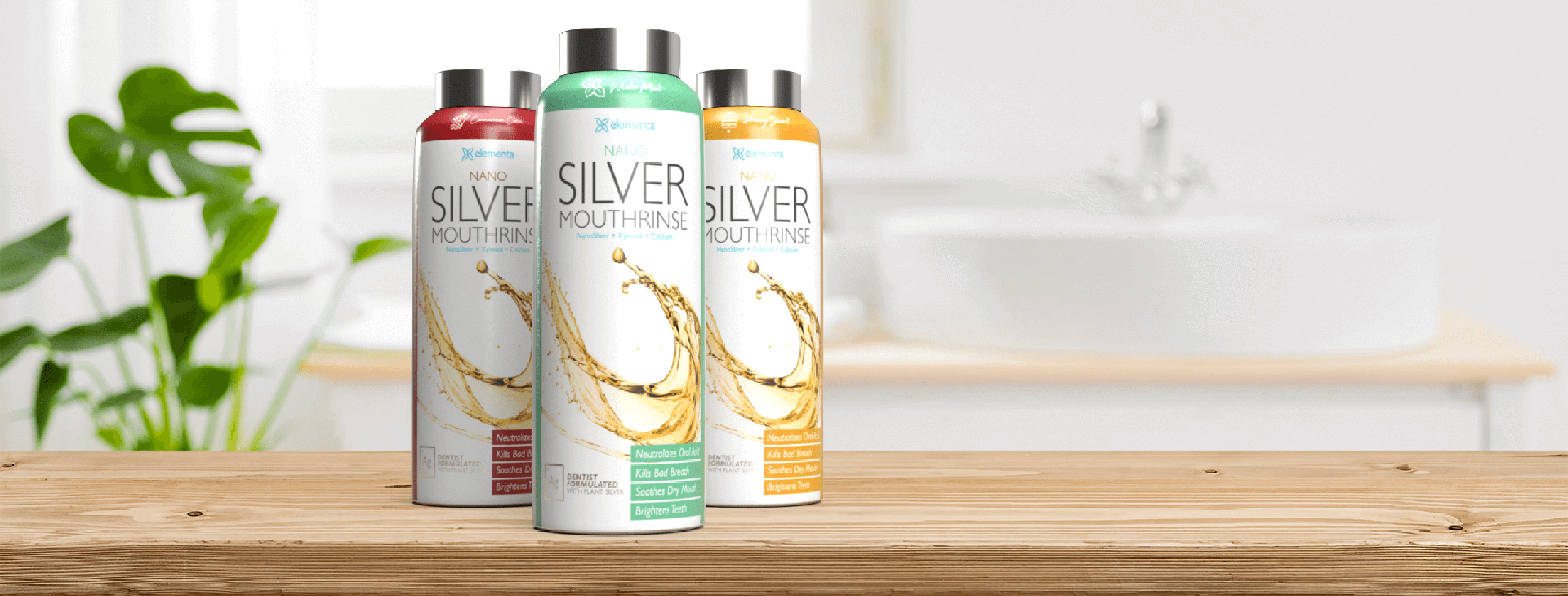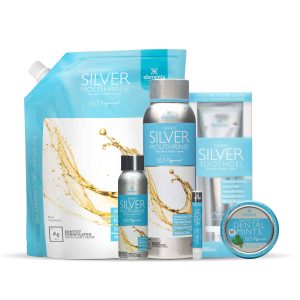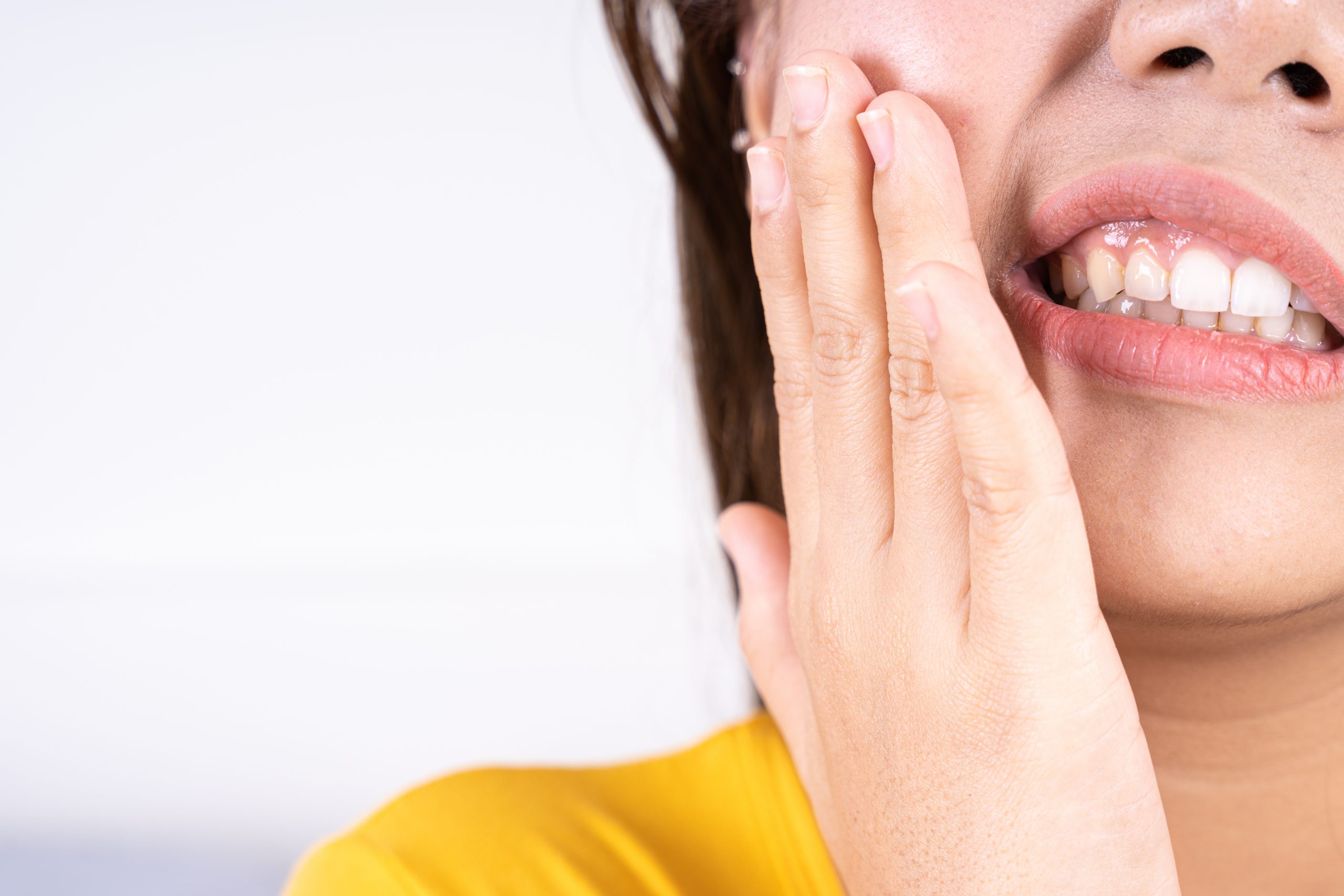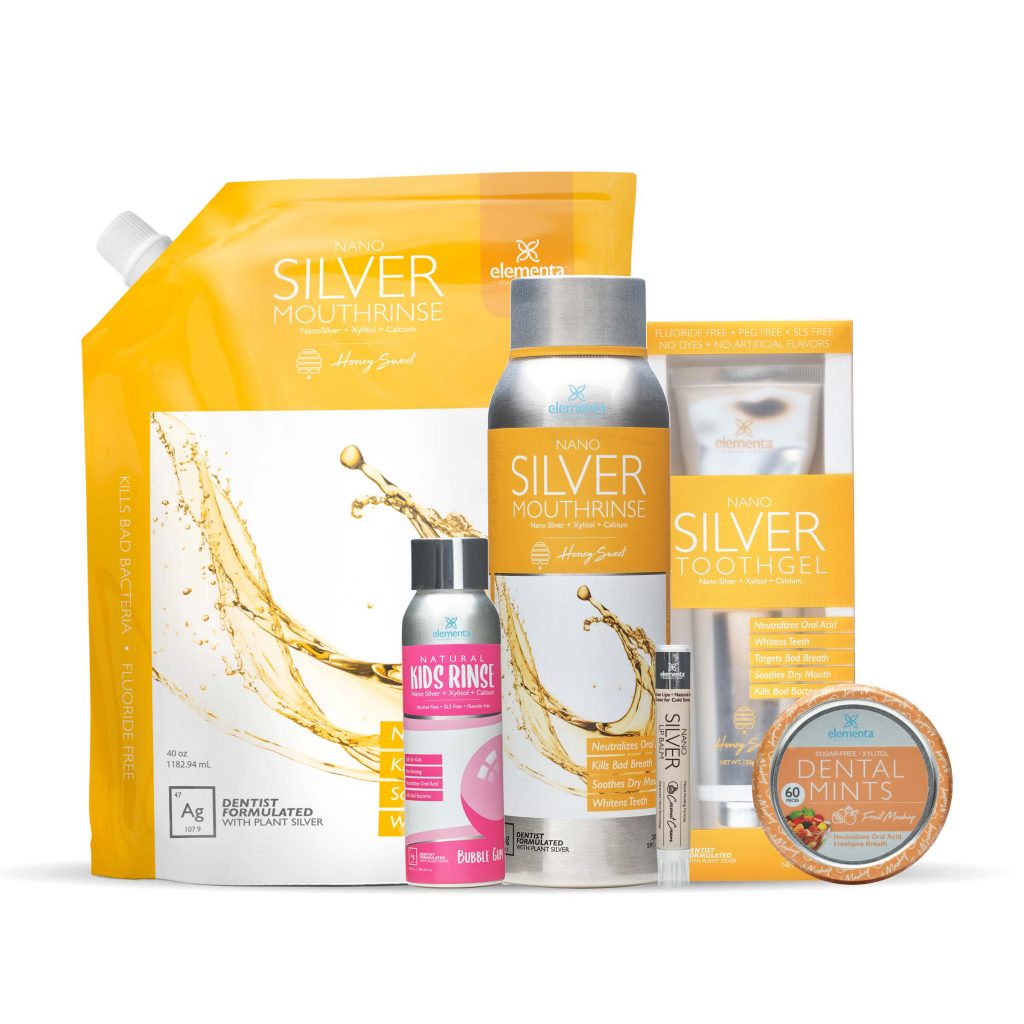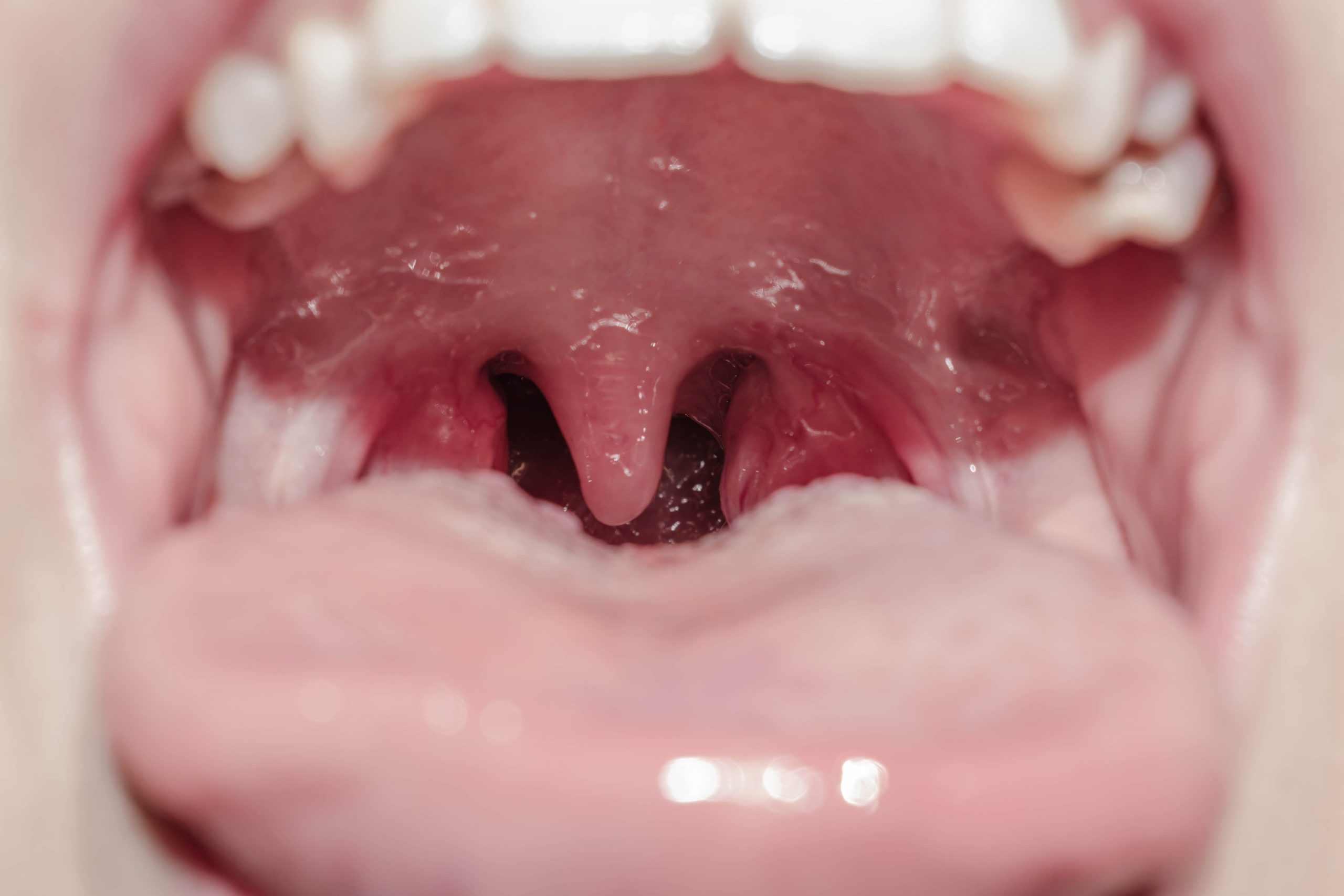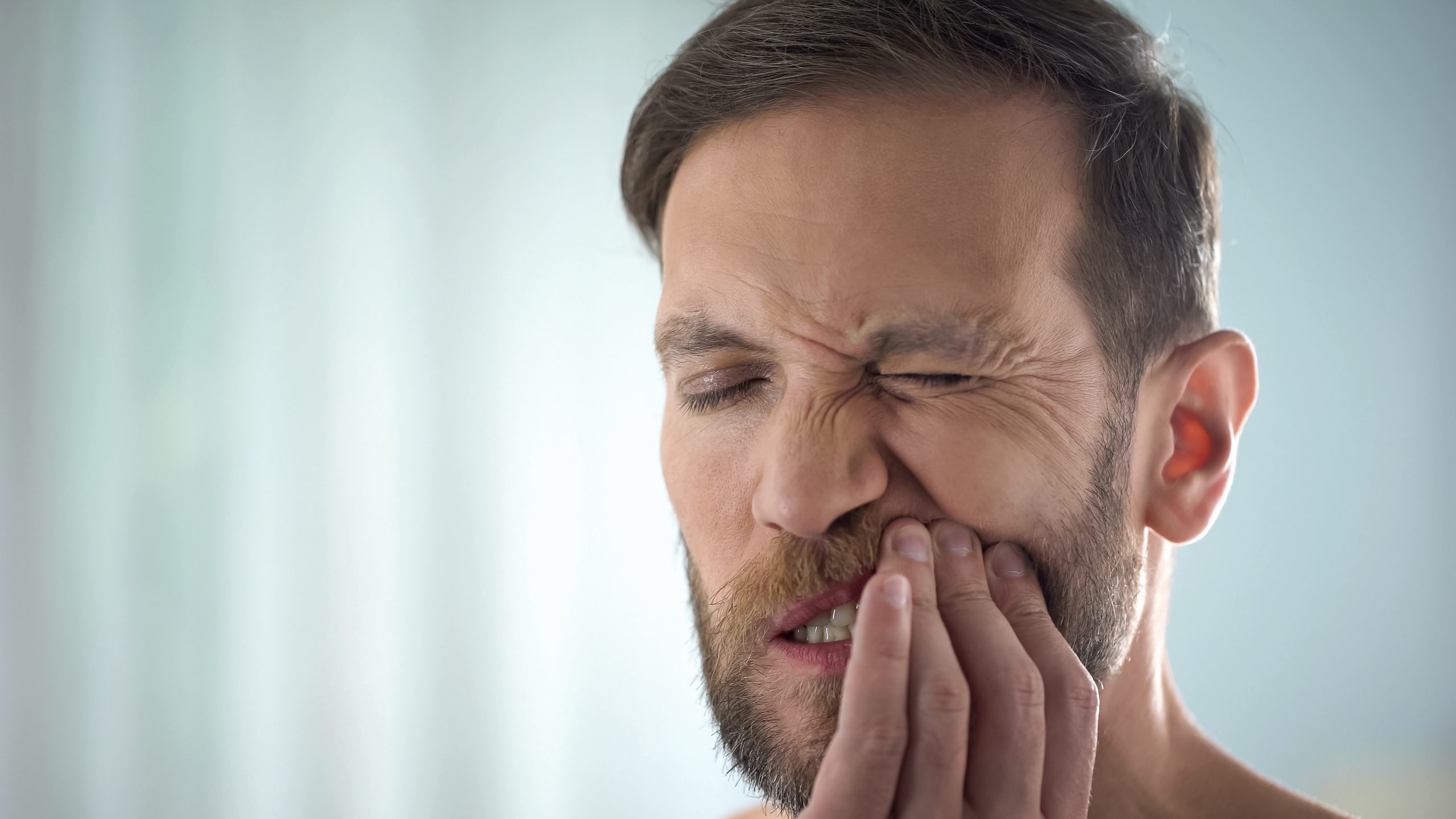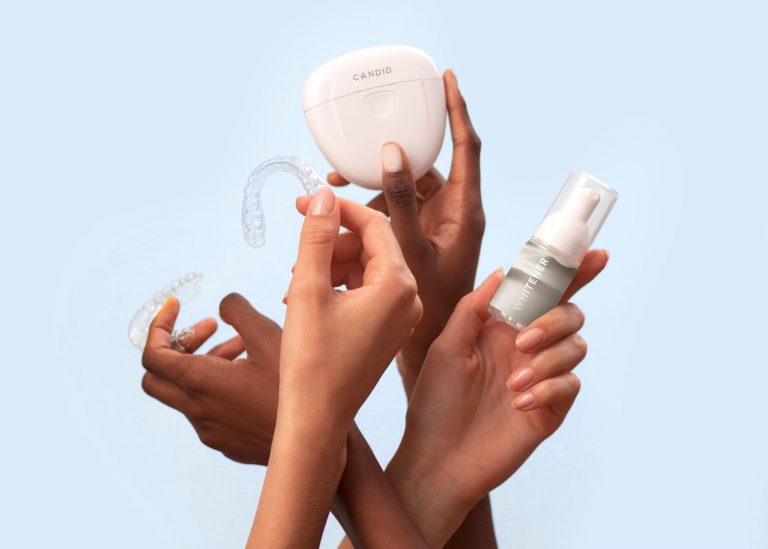
People often debate the best products and dental solutions for improving their dental health. Everyone knows that maintaining good oral hygiene is essential for having healthy teeth and gums. However, with so many different products on the market how do you know which ones you need and which products are the most effective? This is one of the reasons why a full routine dental bundle can improve your oral health. A full routine dental bundle can provide you with all the necessary tools and products that you need to keep your mouth clean and happy.
What is a Full Dental Routine Bundle?
A full routine bundle for dental care is a package of products and tools that helps you maintain good oral hygiene. It includes items like fresh toothpaste, mouthwash, tooth gel, and can even include other products like lip balm and breath mints. Using a full routine bundle can help prevent tooth decay and cavities, as well as gingivitis and other gum diseases.
Full Routine Dental Care Bundle Benefits
A full routine bundle conveniently packages everything you need to improve your oral health all in a single package. The dentist-curated bundles at Elementa Silver have many benefits and will keep your mouth healthy with our cutting-edge nano silver technology treatment.
Full Routine dental care benefits include:
Reduces Plaque
Plaque is a film of bacteria that forms on your teeth, and if it’s not removed regularly, it can lead to all sorts of dental problems. Most dental solutions can’t break through the plaque barrier which can lead to tooth decay. That’s why it’s so important to use a product that cuts through the plaque barrier. Elementa Silver’s nano silver technology is up to 99.9% effective against bacteria, making it an ideal choice for reducing plaque and keeping your mouth healthy.
Fights Bad Breath
Bad breath is not only embarrassing, but it can also be a sign of poor oral health. If you have bad breath, it’s important to see a dentist to find out the cause. However, using a product like natural mouthwash can also help you fight bad breath. Not only does Elementa Silver’s nano silver technology help reduce plaque, but it also kills the bacteria that cause bad breath.
Acid-Neutralizing Formula
Today’s modern diet is filled with highly acidic foods that harm our teeth which is why it’s important to use dental solutions that help neutralize that acid to keep your mouth safe. The full routine bundle from Elementa Silver does just that, incorporating nano silver technology to fight through the plaque barrier and neutralize the acid. This allows calcium and other ingredients like xylitol from our natural mouthwash to get directly to the teeth, keeping them healthy.
Natural Dental Solutions
Good dental hygiene is a lifelong commitment and it’s important to do what you can to protect your mouth from tooth decay and gum disease which can lead to more serious health problems later in life. Getting the right products like the full routine bundle from Elementa Silver will help you fight tooth decay and gum disease leaving your mouth feeling happy and healthy.
